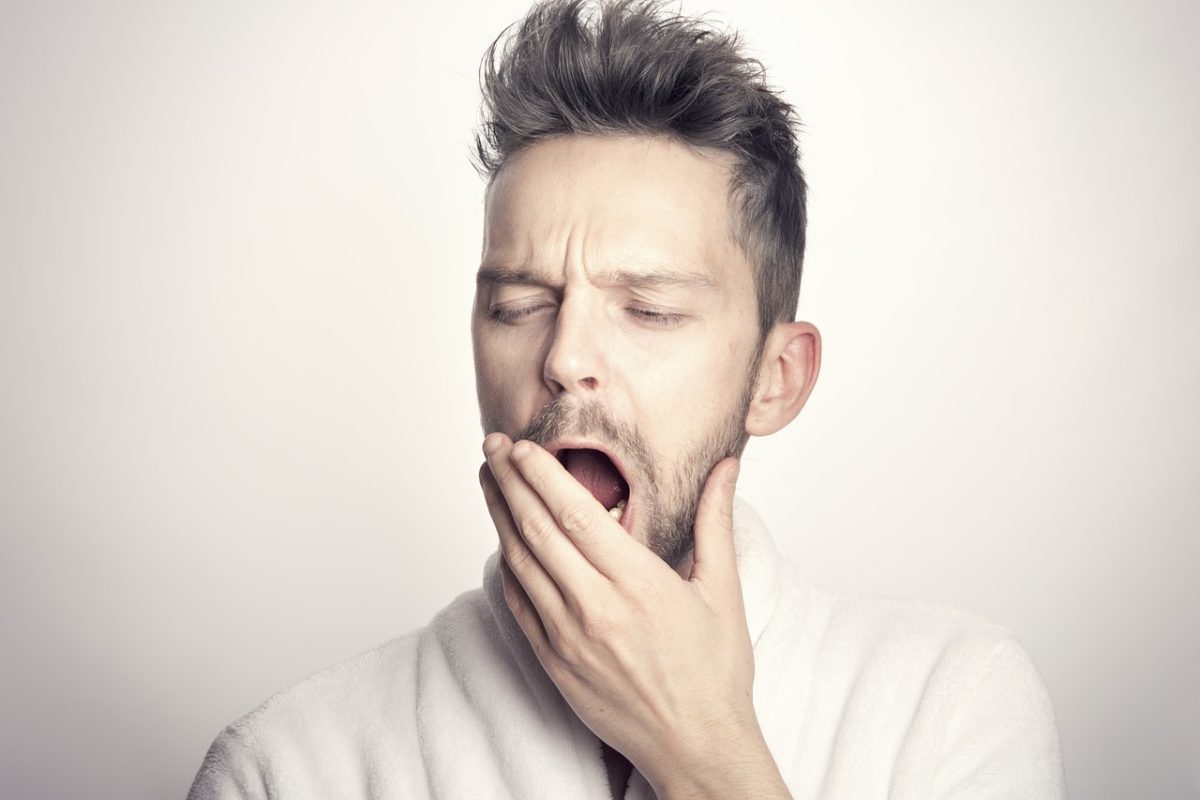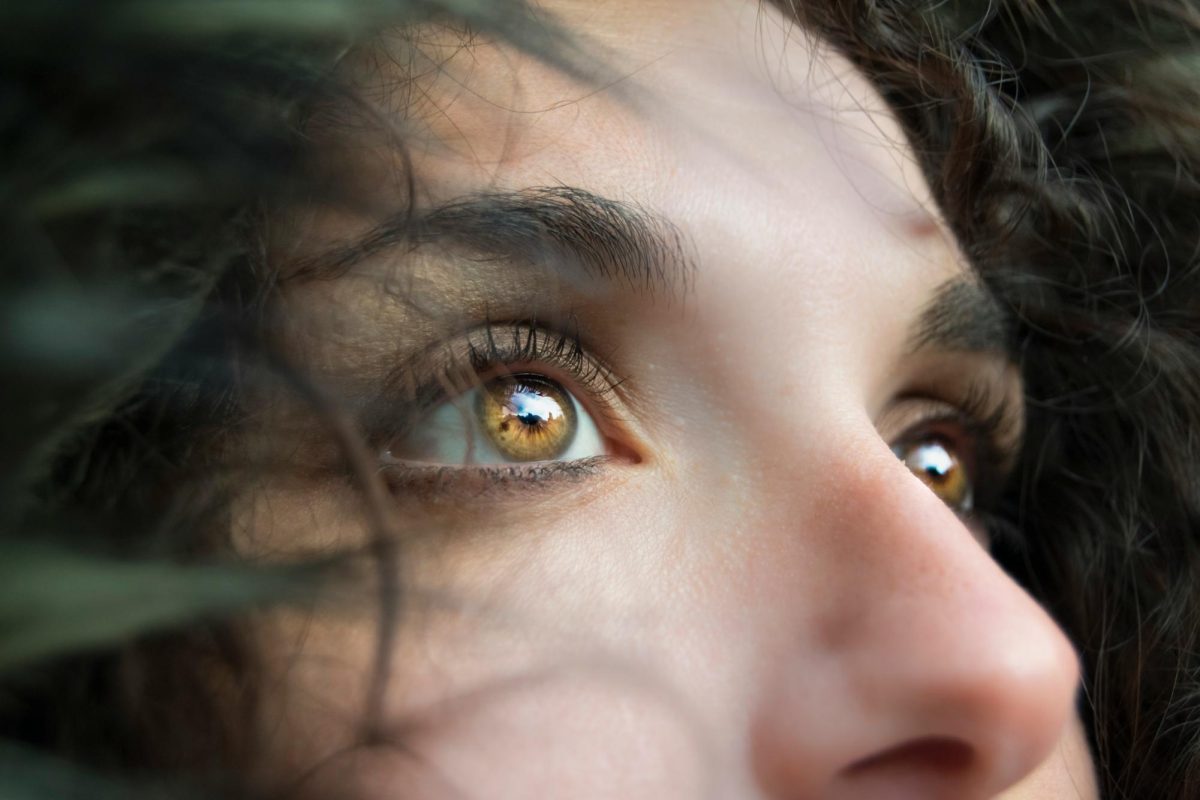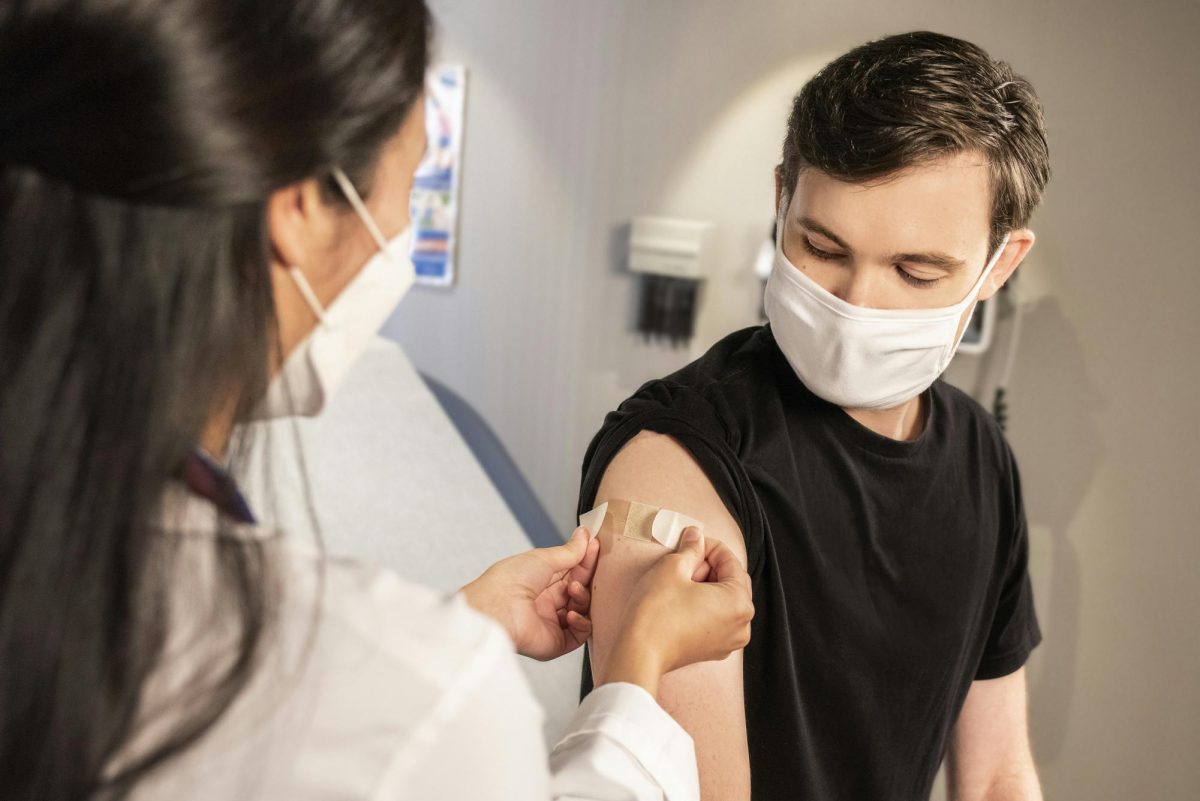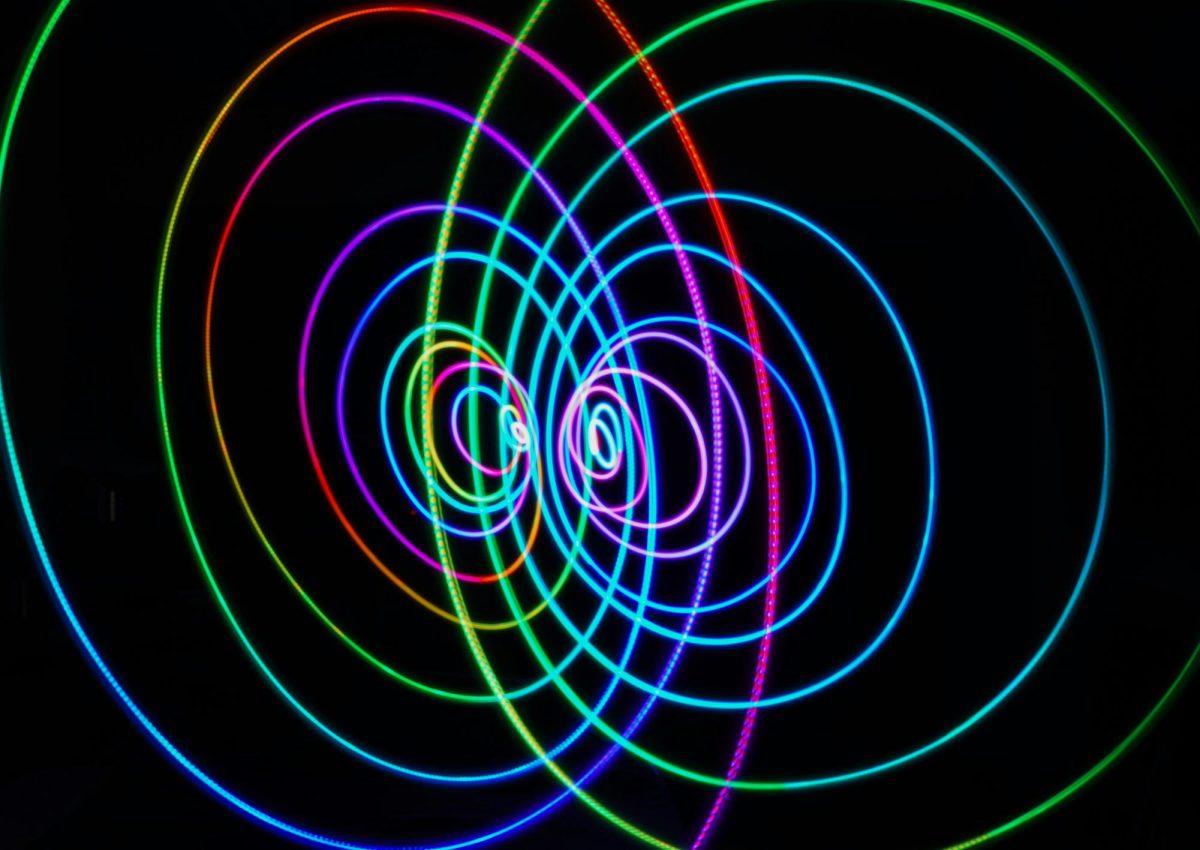With sleep deprivation being a common concern rising especially in recent years as workloads become more involved and our society’s development is spurred onwards at an exponential rate, it is important to look further into this severe condition. For instance, teenagers nowadays are far more prone to this phenomenon, namely the crazy high school students opting to complete the IB, and is oftentimes underestimated in its impacts on the performances of those subdued to it. For the purpose of this article, there will be a short comprehensive summary of symptoms, consequences, and potential solutions or coping mechanisms to combat the rising ‘trend’ of sleep deprivation, specifically in our younger community
Firstly, to be able to fight against sleep deprivation, one has to come to terms with acknowledging its presence in one’s life. The optimal range of hours of sleep per night may vary between age groups and different habits of individuals, however, the number should stray far from the recommended 8-10 hours of sleep for teenagers and 7 for adults in their lives. With some tolerance, if this number isn’t adhered to regularly, disruptive symptoms of sleep deprivation may arise in those who have limited their nightly resting hours.
Symptoms and their negative impacts include:
- (ironically) difficulties in falling asleep or staying asleep
- Excessive daytime sleepiness
- Irritability and mood swings (not great for an already moody teen)
- Difficulty in concentrating and remembering (there goes the 7’s out the window)
- Increased appetite (lots of money spent on food)
- Decreased immune function (feeling weak and easily getting sick – which you want to definitely avoid before any important exams).
More Severe Consequences form these behaviours due to sleep deprivation include:
- Impaired academic performance (as you sleep in class and do not have the ability to concentrate or energy to then later study or do anything basically)
- Risk of mental health disorders like anxiety due to a tired out yet restless mind (overthinking, nervousness, and general discomfort tend to make us on edge)
- Higher risk of accidents, particularly in activities requiring coordination (luckily teens do not tend to drive in the EU, but you might want to put off hammering in the nails to hang the new art piece you just completed if you have been sleep-deprived for a while)
- Negative physical health (extreme cases lead to obesity, diabetes, and cardiovascular complications if it goes on for a while)
- Disruption of social relationships and decreased quality of life (snapping at your friends 24/7 cause you haven’t gotten any sleep and they are just intolerable in your eyes with their energy, questions, and just their auras)
Alright, so it has been made explicitly clear that no sleep = bad. More than that, given the long-term health complications coupled with the general problems that it can cause in one’s lifestyle, we all wish to avoid the issues that sleep deprivation evokes. However, that is easier said than done, with increased expectations and workloads.
It is important to note that a sleep schedule can help. Though it may be difficult to adhere to, using an online tool or a paper planner to map out how you can complete work and allocate enough time to sleep may be the best way to not let things slip out of your grasp. This way, you can make sure to get everything done and not drown in the swamp of assignments after 1 am. However, this is easier said than done, knowing from personal experience that sometimes it is impossible to compact the workload into such a limited time. Still, it is important to then consider a weekly balance, and aim for the 8 hours at least as consistently as possible, knowing that if you cannot maintain this it will ultimately impede your productivity as a whole throughout the day.
Setting up sleep as a reward system is also something I myself have implemented. Instead of going down a Netflix binge or a YouTube spiral, be it an Instagram frenzy, or insert the social media of your choice, try to go to bed. Yes, it sounds obvious and stupid, but hear me out… Romantizinging sleep can help you do this. Add comfortable mattresses, darken your room, reduce the noise, or only add sleep-stimulating noises to your environment. Try to make it seem like something special but not in the sense that you don’t get it often enough. Try to make it feel like the part of the day you should procrastinate the least on, by looking forward to it as a sort of wonderful new adventure each night.
Also, I am sure many have heard this, but blue light from electronics also impedes sleep. Though turning the night light function on may help remove disruptive sleep patterns stemming from screen time near bedtime, try to omit electronics fully. Many times, it is also the intrusive thoughts and fast-paced images or other content circulated on the internet that can lead to unrestful thoughts and interfere with your nightly rest.
Lastly, if sleep deprivation becomes severe and you do not find any alternative ways to get sufficient sleep, it is best to seek help. Try talking to relatives or friends, and eventually, professional help if no home remedies are working for you.
Remember, the biggest challenge in addressing sleep deprivation among teens especially is recognising that the issue is present. With this reflection, the lifestyle changes though may be challenging, are very often not impossible to administer and can improve the daily life of the sufferer greatly. By prioritising health, teens and all those victims of sleep deprivation due to overlooking the issue as unimportant; can maximise their well-being and potential in their various aspects of life.
Please, go to bed in time today!






